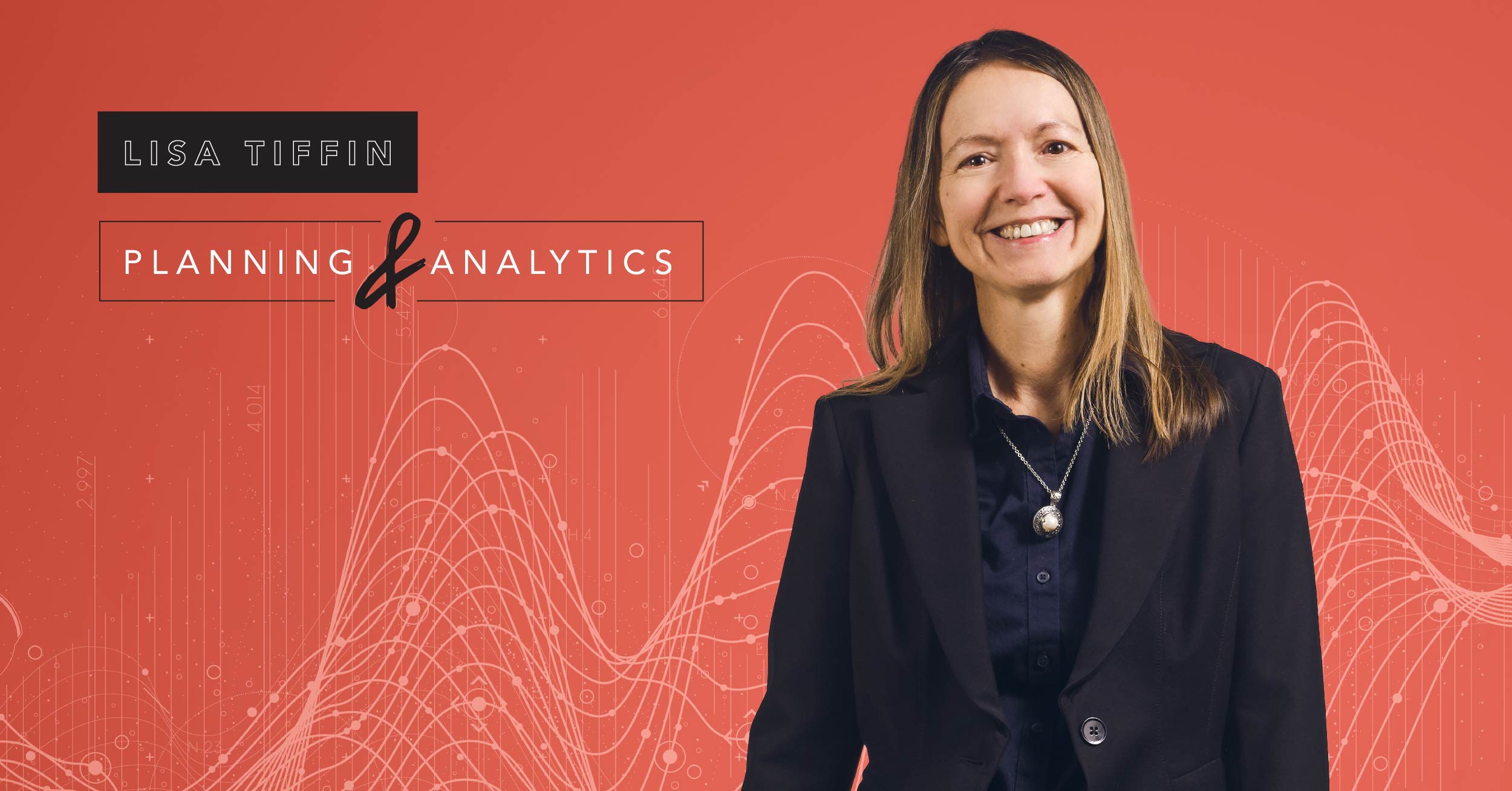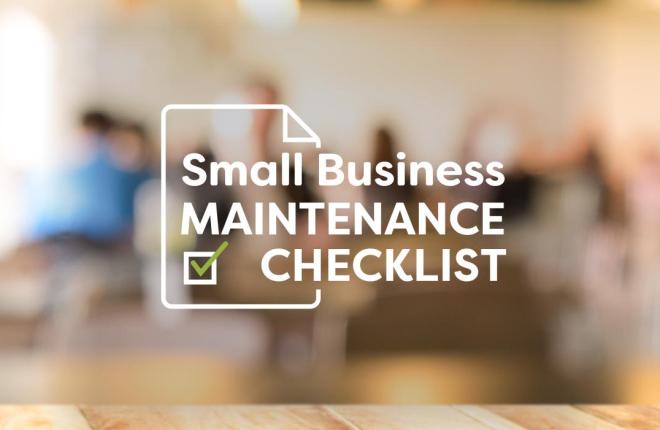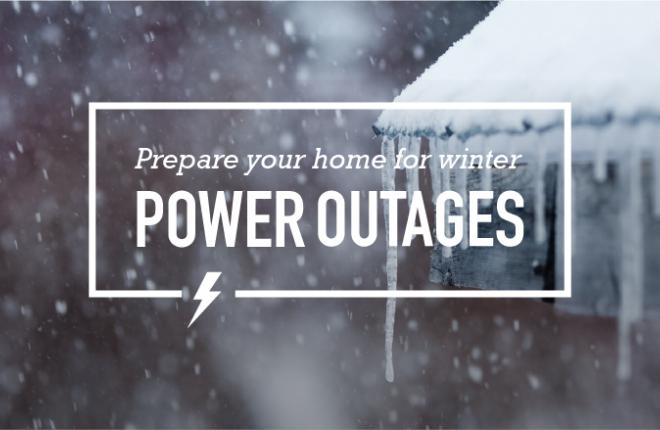
3/7/2024
Q&A With Senior VP Lisa Tiffin
Lisa Tiffin leads the teams that develop Tri-State’s resource plans. In 2023, the teams reached a milestone with Tri-State’s filing of the 2023 Electric Resource Plan. Hear her thoughts on planning and analytics in Tri-State’s 2023 Annual Report.
What is the Purpose of the Electric Resource Plan (ERP) Tri-State Filed in 2023?
Tri-State is regulated for resource planning on a systemwide basis by the state of Colorado. The overall purpose of this process is reliable resource planning to serve our member needs in the most affordable manner while also meeting our regulatory requirements. Importantly, the resource planning process and the identification of our preferred plan demonstrate how Tri-State is pursuing our energy transition to ensure reliable, affordable and responsible power for our members.

How Does the Preferred Plan Align with Tri-State’s Goals?
Our ERP’s preferred plan achieves an 80% reduction in greenhouse gas emissions by 2030 as compared to a 2005 baseline in Colorado. Our plan also forecasts that by 2030, 70% of the energy our members use will come from clean resources. We are able to advance our members’ goals while reducing the financial impact of a transitioning grid through the potential New ERA funding as submitted in Tri-State’s Letter of Interest to USDA.
How Do We Factor in Reliability and Resilience as We Look at Adding Renewable Generation and Retiring Coal?
Reliability is the first priority at Tri-State, and that’s built into the way we plan. Tri-State includes standard industry reliability metrics in our planning process. That includes setting a planning reserve margin threshold to limit the loss of load expectation to one day in ten years while minimizing expected unserved energy. However, this is the threshold where Tri-State’s reliability and resilience efforts begin, not end.
Due to the extreme weather events we’re seeing with increasing regularity across our system and the grid, Tri-State along with our member systems established a second threshold for reliability that we call our “Level II Reliability Metrics.” We define periods within the planning horizon and stress related model assumptions (resource output, load, etc.) for those time periods and then measure the reliability of the system under stressed conditions against our Level II metrics.
This is an area we are continuously improving between ERP phases through engagement with stakeholders and industry organization staff as well as through additional studies. It’s our intent to continue to encourage our utility peers, the North American Electric Reliability Corporation (NERC) and others to help us evolve these metrics and see a more grid-wide approach to planning for extreme weather events.
The bottom line is no matter the weather and if our member demand is high, we demonstrate we can keep the lights on, and do it affordably.

Why Are Our Members and Stakeholders So Important to the ERP Process?
Member and stakeholder engagement is critical to an effective ERP process. We’re able to proactively work through issues or concerns with stakeholders through education on Tri-State’s system and the needs of our members. Additionally, Tri-State’s planning processes benefit from the inclusion of insights provided by diverse stakeholder perspectives. Stakeholder engagement in our 2020 ERP was key to building trust to allow us to reach an unopposed comprehensive settlement, and Tri-State continues to take a collaborative approach in our resource planning proceedings.
Our approach is to continuously engage with our members and stakeholders. We conduct multiple public meetings before modeling in each ERP phase and provide additional updates to stakeholders when warranted during the modeling processes. We also engage stakeholder subgroups for topics requiring a deeper dive and ultimately bring any outputs of those discussions back to the full stakeholder group.
What’s Next in the 2023 ERP Process?
The ERP process has two parts. In Phase I, we worked with stakeholders to determine assumptions and scenarios, modeled generic resources and arrived at a preferred plan that represents the most affordable resource mix while respecting reliability metrics and environmental and transmission constraints.
The Phase I proceeding includes discovery, testimony, settlement discussions and, if needed, a hearing which leads to a Colorado Public Utilities Commission decision on the preferred plan along with guidance for Phase II.
In Phase II Tri-State will issue RFPs seeking bids for our resource need as defined in Phase I. Bids are then evaluated through screening processes and modeling. Tri-State will move to acquire resources in our Phase II preferred portfolio once commission approval is received.
--
About Tri-State
Tri-State is a power supply cooperative, operating on a not-for-profit basis, serving electric distribution cooperatives and public power district member-owners in four states. Together with our members, we deliver reliable, affordable and responsible power to more than a million electricity consumers across nearly 200,000 square miles of the West. Visit www.tristate.coop.
Blog Posts

Energy Saving Maintenance Checklist for Small Businesses

The Benefits of Heat Pumps in Cold Climates

How to Create an Energy-Efficient Laundry Room

Energy Saving Tips While You're Away on Vacation

Benefits of Installing an Attic Fan for Summer

How to Prepare Your Home for a Summer Heat Wave

8 Home Energy Efficient Tips for Spring

11 Tips for a More Energy Efficient Home

